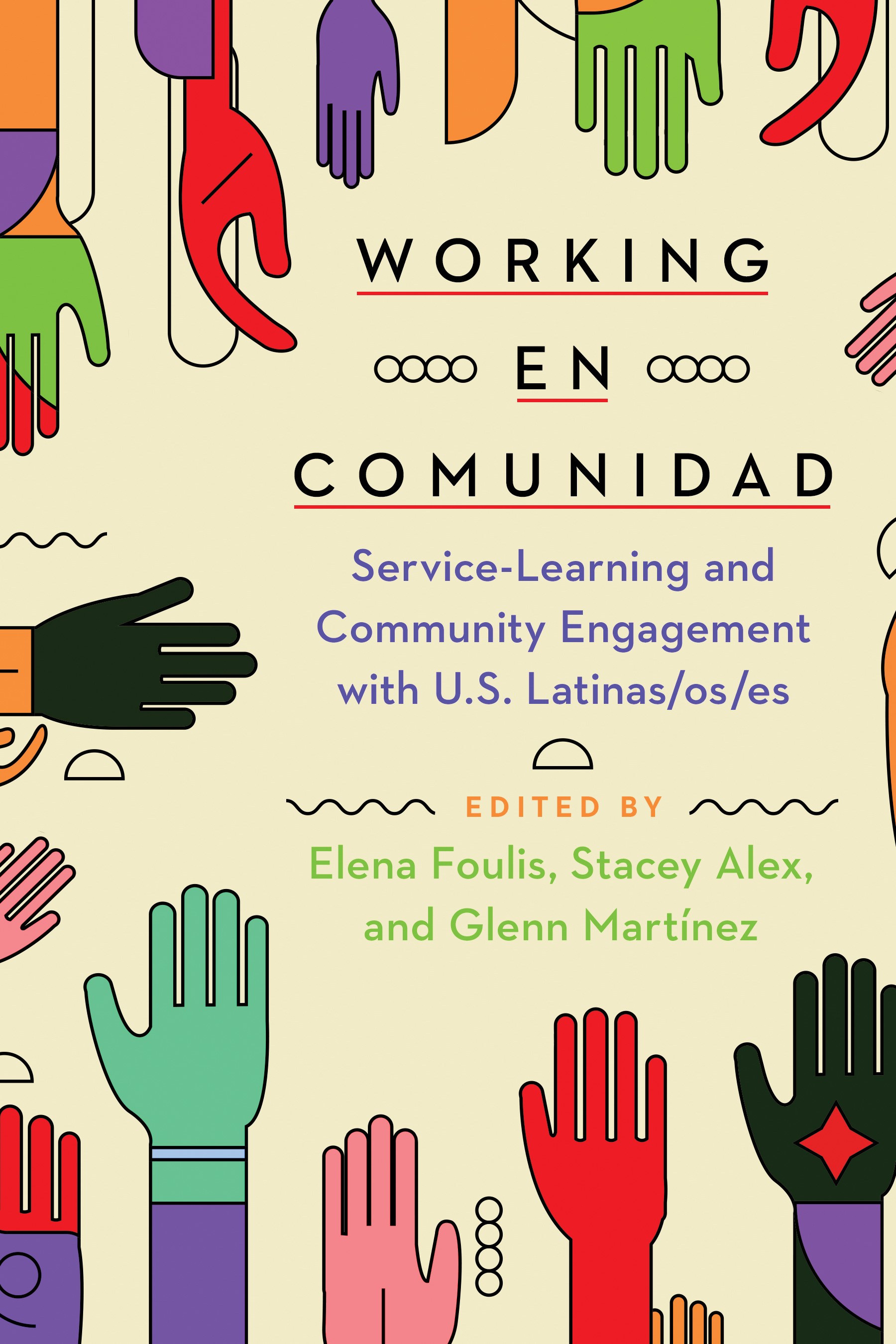A&M-San Antonio is proud to celebrate National Hispanic Heritage Month with news, stories, and events recognizing Hispanic American contributions to the University community.
Professor collaborates on a new book about how to best support underserved Latinx communities
With over 15 years of experience in higher education, Dr. Elena Foulis, an assistant professor and director of Spanish Language Studies, has long helped shine a light on Latinx culture through literature. Throughout her career, she has also worked alongside students to offer social outreach initiatives to underserved Latinx communities.
It was through this practice that she came to fully appreciate how diverse these communities are, each with its unique set of challenges and opportunities. This experience was part of the inspiration that convinced Foulis to co-author and co-edit the new book, “Working en comunidad: Service-Learning and Community Engagement with U.S. Latinas/os/es.”

“As an educator, I had to do the work to understand local communities, including the things that matter to them and the resources that existed. I knew a few other educators who do this same kind of work, and we wanted to offer a textbook that provides students with the guidelines to work with complex and diverse minority communities,” Foulis said.
Foulis’ collaborators on “Working en comunidate” are Dr. Glenn Martinez, dean of UTSA’s College of Liberal and Fine Arts, and Dr. Stacey Alex, an assistant professor at Morningside University in Iowa who teaches Spanish language and culture.
Foulis joined A&M-San Antonio in 2022 after about 14 years at Ohio State University, where she worked as a clinical associate professor and launched a digital oral history project. She also hosts and produces the Latin@ Stories podcast.
With the new book, Foulis said she and her collaborators want to help ensure equitable practices and build relationships that are mutually beneficial for students and community members. She explains that the book is intended primarily for professors who teach service-learning courses and graduate students who work with community organizations that serve the Latinx community.
Chapters address best practices for a variety of initiatives, such as leadership skills and workshops for young Latinas, providing low-cost medical services and clinics, and legal support for immigrants and migrants. The book also stresses how it's critical to recognize cultural differences within each community and to avoid lumping them into one group.
Now that the book has been published, Foulis plans to promote the book via conferences, social media, and other avenues in the hopes other educational institutions will use it to teach their own students.
“There's no other book that has addressed service-learning with Latinx communities,” Foulis said. “We anticipate that a lot of higher-ed faculty are going to be interested in adopting the book and using it for their courses.”